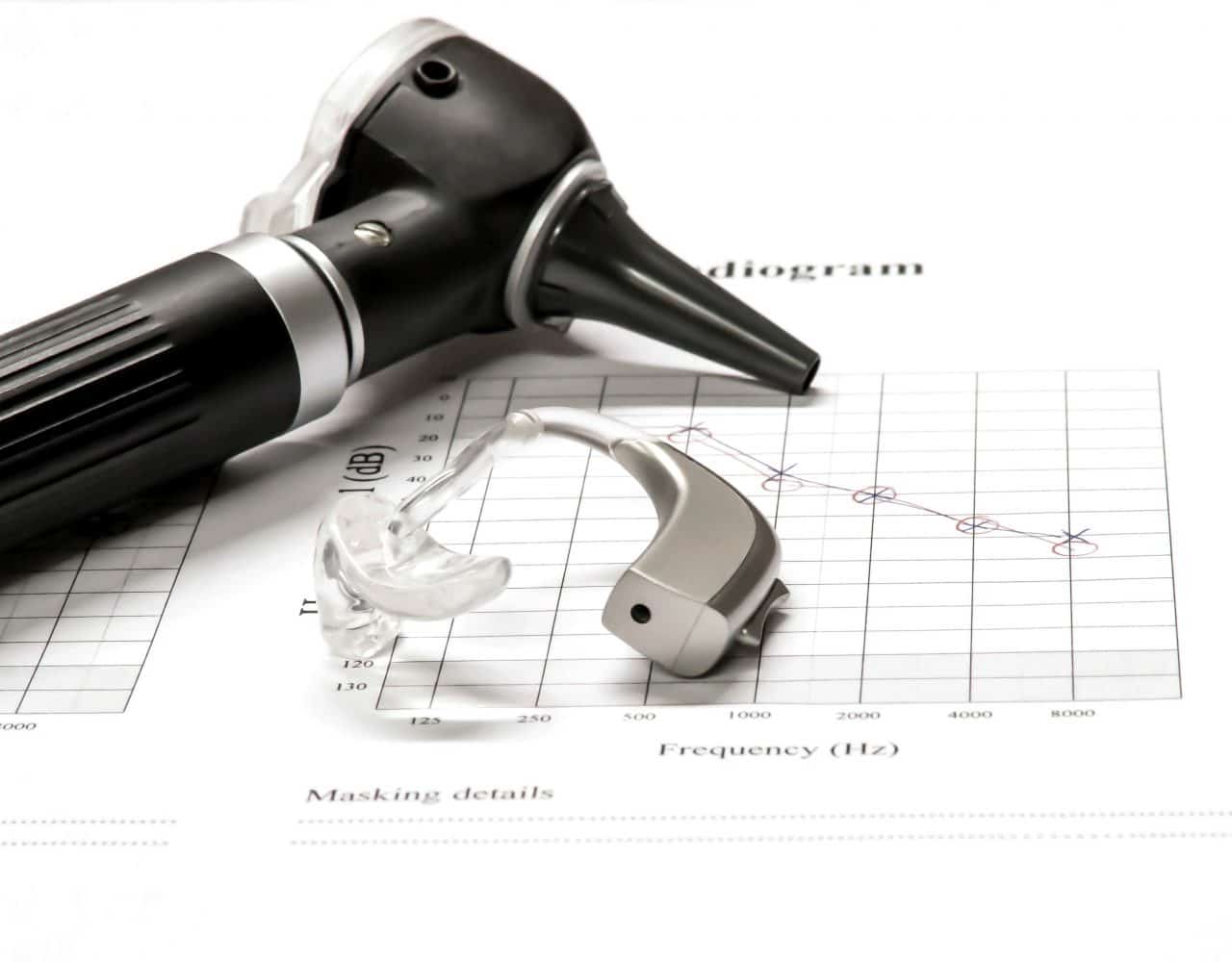Though hearing aids are built to last for many years, the batteries inside them live only a matter of days. Below we review the types of hearing aids batteries available, how often they should be changed and tips to get the most out of your batteries.
Types of Hearing Aid Batteries

There are two main types of hearing aid batteries: zinc-air batteries and lithium-ion batteries.
Zinc-air batteries come in four sizes. They are numbered and universally color-coded for convenience.
- Yellow size 10: used in mini RICs, CICs and IICs.
- Brown size 312: used in Mini BTEs, RICs and ITCs.
- Orange size 13: used in BTEs and ITEs.
- Blue size 675: used in power BTEs.
Lithium-ion batteries are used in rechargeable hearing aids. These batteries do not get replaced; they are designed to last the entire life of your hearing aids.
How Often Should You Change Your Batteries?
Standard hearing aid batteries last anywhere from three to 22 days, though most last about a week. How long they last depend on a number of factors, including the type of battery, the type of hearing aid, how often the hearing aid is used and how much streaming you do.
You can wait until your hearing aid battery is low to replace it – the signs include a beeping sound, a voice alert or distorted sound quality. However, this is not always ideal. With this strategy, you risk your hearing aid battery running out at an inconvenient time, as batteries tend to drain quickly at the end of their lifespan.
Instead, we recommend changing your batteries on a schedule. Purchase a calendar or planner at The UPS Store to help you keep track of when it’s time to change your batteries. We also recommend having an extra set on hand in case they ever die unexpectedly.
Rechargeable hearing aids with lithium-ion batteries are built to be charged every night. If you miss a night, they may not make it very long the next day.
Tips for Making Batteries Last Longer
Batteries last longer if you wait five minutes after taking the tag off before putting it into the hearing aid since they are oxygen-activated. You can also open your battery door at night to help extend the lifespan of the batteries. For more information about hearing aid batteries or to schedule an appointment with a hearing aid expert, call Hearing Advancement Center today.